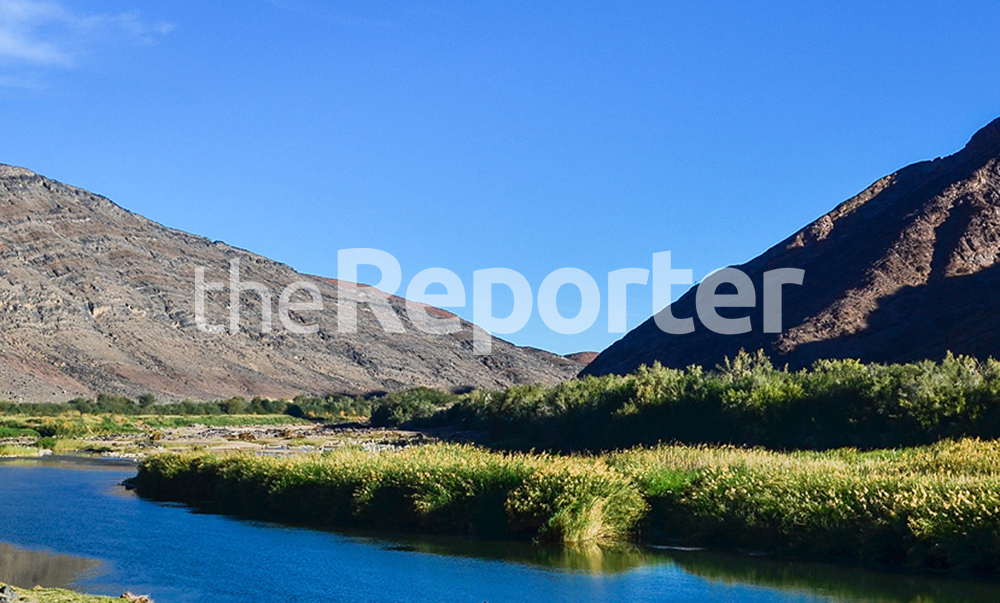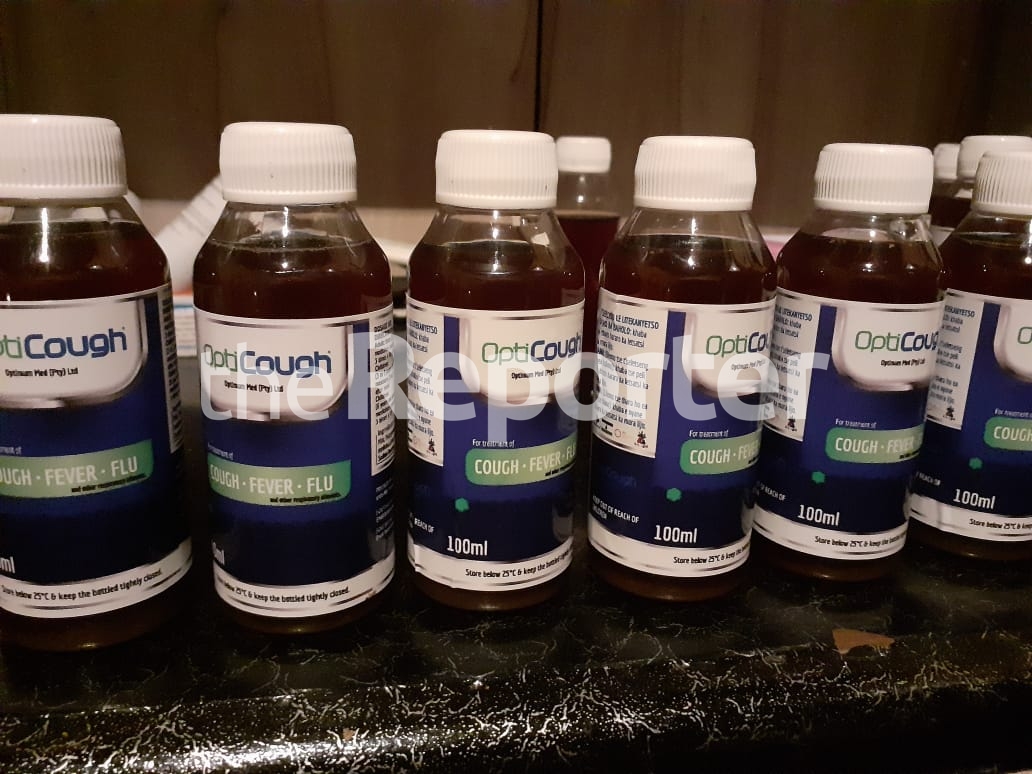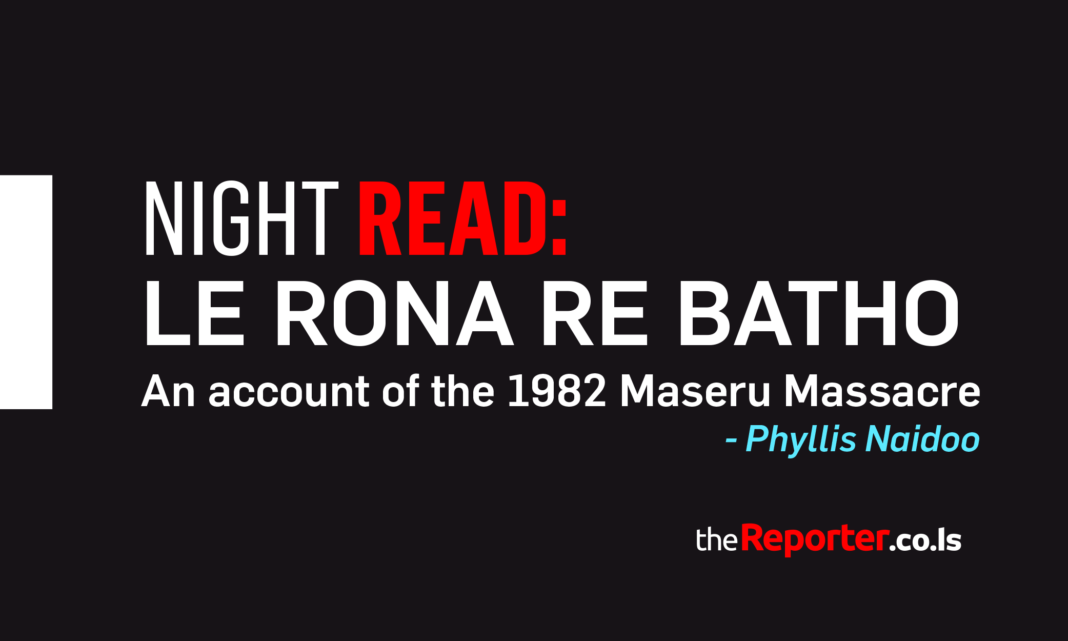BY NATASHA ODENDAAL
The Orange-Senqu River Commission (Orasecom) has issued a request for proposals for various short-term consulting services for its Orange-Senqu River Strategic Action Programme Implementation.
Advisory body Orasecom provides recommendations aimed at optimising the development and management of the water resources of the Orange-Senqu river basin across the four countries that share the basin.
The Orange-Senqu River, which originates in the Lesotho Highlands, is the third largest river basin in Southern Africa. Botswana, Lesotho, Namibia and South Africa share the basin and the river forms the border between South Africa and Namibia at its lower reaches.
The commission, which secured funding from the Global Environment Fund through the United Nations Development Programme, aims to strengthen the joint management capacity for the basin-wide integrated water resources management implementation and demonstrate the environmental and socioeconomic benefits of ecosystem-based approach to water resources management through the implementation of the strategic action programme in the Orange-Senqu river basin.
The project, implemented through four components, focuses on institutional and policy reform and technical capacity building towards enhancing transboundary basin planning and joint management; reducing stress on water resources quality; addressing changes to the hydrological regime through the source-to-sea application; and addressing land degradation through community-based ecosystem management.
In line with this, Orasecom has invited eligible consultants or consulting firms to bid for an advertised four short-term consultancies by no later than 12:00 on January 22 for three of the proposals and January 29 for the fourth.
The first proposal is for a consultancy to prepare the guidelines and regulations for the strengthening of pollution control in Lesotho. This will focus on strengthening the implementation of an effective water quality monitoring and evaluation systems to curb pollution from a variety of sources on the Mohokare/Caledon river catchment.
The consultancy, which will work from February 15 to July 14, will be required to review existing guidelines and regulations in Lesotho that support pollution control and identify gaps, with work to be extended to South Africa since the Mohokare/Caledon River stretch is shared by Lesotho and South Africa.
According to the request for proposal, the scope of work will entail the engagement of various stakeholders and facilitate the preparation of guidelines that will help curb pollution from a variety of sources, including industrial sources, mining activities, sewer, agro-chemicals and veterinary dip chemicals.
The company will also be required to map a clear process through which the prepared guidelines can be approved for implementation by the various structures of the Lesotho government.
Qualifying consultants are to submit their technical and financials proposals by no later than 12:00 on January 22.
The second bid is for the assessment of management options and determining sustainable options for harvesting alien invasive species, Prosopis, in the Orange-Fish basin in Namibia.
The work will include setting up the legal and institutional frameworks and policy and institutional mandates for the management of Prosopis, including the revegetation of cleared areas using indigenous tree species and models for entrepreneurship at local level.
The consultant will also be required, besides other activities, to deliver practical proposals on how to strengthen national and local level institutional capacity for Prosopis management and provide proposals on harvesting of Prosopis in the project area, taking into consideration environmental impacts.
Work will be undertaken from February 22 until May 31, with the submissions for proposals no later than January 22, at 12:00.
In addition, a request for proposal has been issued for a consultant to assess the economic opportunities and the development of a marketing strategy and business plan based on the harvesting of Prosopis in the Orange-Fish basin in Namibia.
The selected consultancy will be required to determine the value of the Prosopis species to local communities through participatory approaches and identify profitable uses of Prosopis and options for the communities in the project area, including a business case for each option and case studies where a cost benefit analysis has been undertaken and the identification of the possible markets and enterprises both locally and internationally, besides others.
The deadline for submissions is January 22 at 12:00, with work set to start on February 8 until June 30.
Meanwhile, Orasecom is seeking a consulting firm for a two-year project for the comprehensive groundwater assessment and evaluation of the potential and extent of groundwater resources for the Molopo sub-basin in Botswana.
The selected consultancy will undertake a comprehensive groundwater assessment of the catchment, which stretches from Tsabong to Bokspits in Kgalagadi South, to build on and address the gaps identified in a feasibility study of saline/brackish groundwater use options.
This forms part of an ongoing initiative by the Botswana government and the World Bank around Botswana’s water security and efficiency.
The firm will quantify the resources, conduct water quality tests, develop aquifer potential maps, assess the extent of wellfield pollution and implement recommendations outlined in wellfield protection zone reports.
The study will include four recently drilled exploration boreholes, which have been drilled at strategic points in order to understand the aquifer parameters.
The analysation of the borehole and water samples will be done together with the existing data from the World Bank project. Reports with supporting geographic information system files, database files, and digital data on the quantity, quality and distribution/location of saline and portable groundwater will be submitted.
The scope of work will include an assessment of all existing data from previous works carried out in the area; audits of existing well fields and reviewing use of reserve boreholes; conducting a geophysical survey; undertaking test pumping activities and water sampling activity; undertaking a hydrochemical assessment; developing aquifer potential maps; and assessments of saline groundwater potential, besides others.
The consultant will be required to produce a report and develop a strategy for use of saline groundwater resources in the areas concerned and develop cost estimates.
Interested parties have until January 29 at 12:00 to submit their proposals.
-Engineering News









